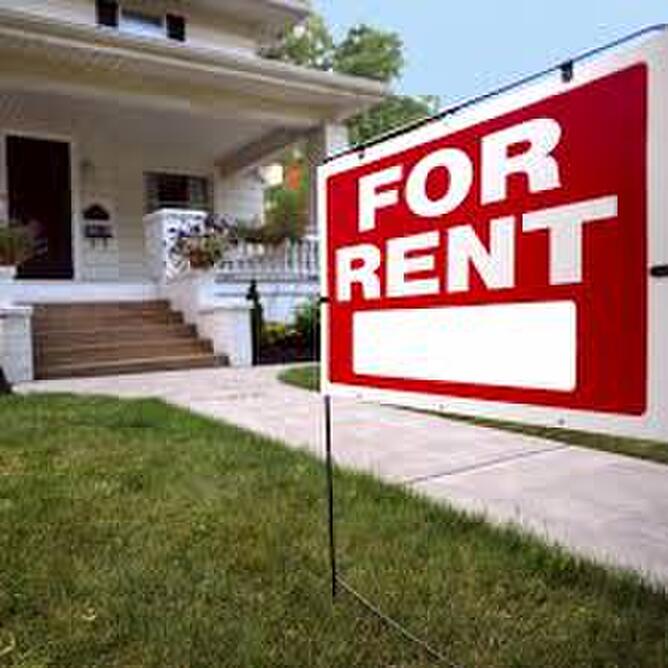In our June 2018 newsletter we discussed the issues facing landlords who own residential investment property. We also covered the issues relating to Airbnb properties in our February 2019 newsletter. We have provided some quick links to these articles at the bottom of this article.
In recent times there has been a lot of discussion about the impact of any potential Capital Gains Tax on the housing market and the so-called 'Kiwi way of life". But amongst the Capital Gains Tax discussions, further changes for landlords were released without as much media coverage. However if you are a landlord, or if you are considering becoming one, these are more changes for you to be aware of.
These new changes are continuing the process of making sure that the houses that New Zealanders live in are healthy and follow on from the Winter Energy Payment that was introduced in 2018 to encourage people to heat their homes in the cold months. This payment is made to NZ Superannuitants and people receiving Government benefits. During 2019 this payment will be made from 1st May until 1st October. For more information, look at this website. The press release from the NZ Government says:
"The Ministry of Health says 6000 children are admitted each year for 'housing-sensitive hospitalisations'."
He said these children had been found to be nearly four times more likely to be re-hospitalised and 10 times more likely to die in the following 10 years.
Additional changes to NZ rental homes requirements
The standards set minimum requirements for heating, insulation, ventilation, moisture and drainage, as well as rules to stop draughts, in all residential rental properties across the country.
From mid-2021, all rental homes will be required by law to have a heater that can heat a main living area to 18C.
Kitchens and bathrooms will have to have extraction fans or rangehoods and, where rental homes have an enclosed subfloor space, property owners will need to install a ground moisture barrier to stop moisture rising into the home.
From July 2021, private landlords must ensure their rental properties comply with the standards.
All Housing New Zealand houses and registered Community Housing Providers houses must comply with the healthy home standards by July 2023.
By July 2024, all rental homes must comply with the new standards.
The new required standards
• Heating: Rental homes must have a fixed heating device that can heat the living room to 18C.
• Insulation: Ceiling and underfloor insulation must either meeting the 2008 building code, or have a minimum thickness of 120mm
• Ventilation: Windows in the living room, dining room, kitchen and bedrooms must be operable and extractor fans must be in rooms with a bath or shower, on indoor cooktop.
• Moisture and drainage: If a rental property has an enclosed subfloor, it must have a ground moisture barrier if it's possible to install one.
Housing Minister Phil Twyford unveils new standards for all NZ rental homes
Moneyworks previous blog posts.
Managing your rental property
The challenges of investing in residential rental property
Residential investment property and taxation issues
Thinking of renting out your property on Airbnb or Book a Bach? – Issues to consider


